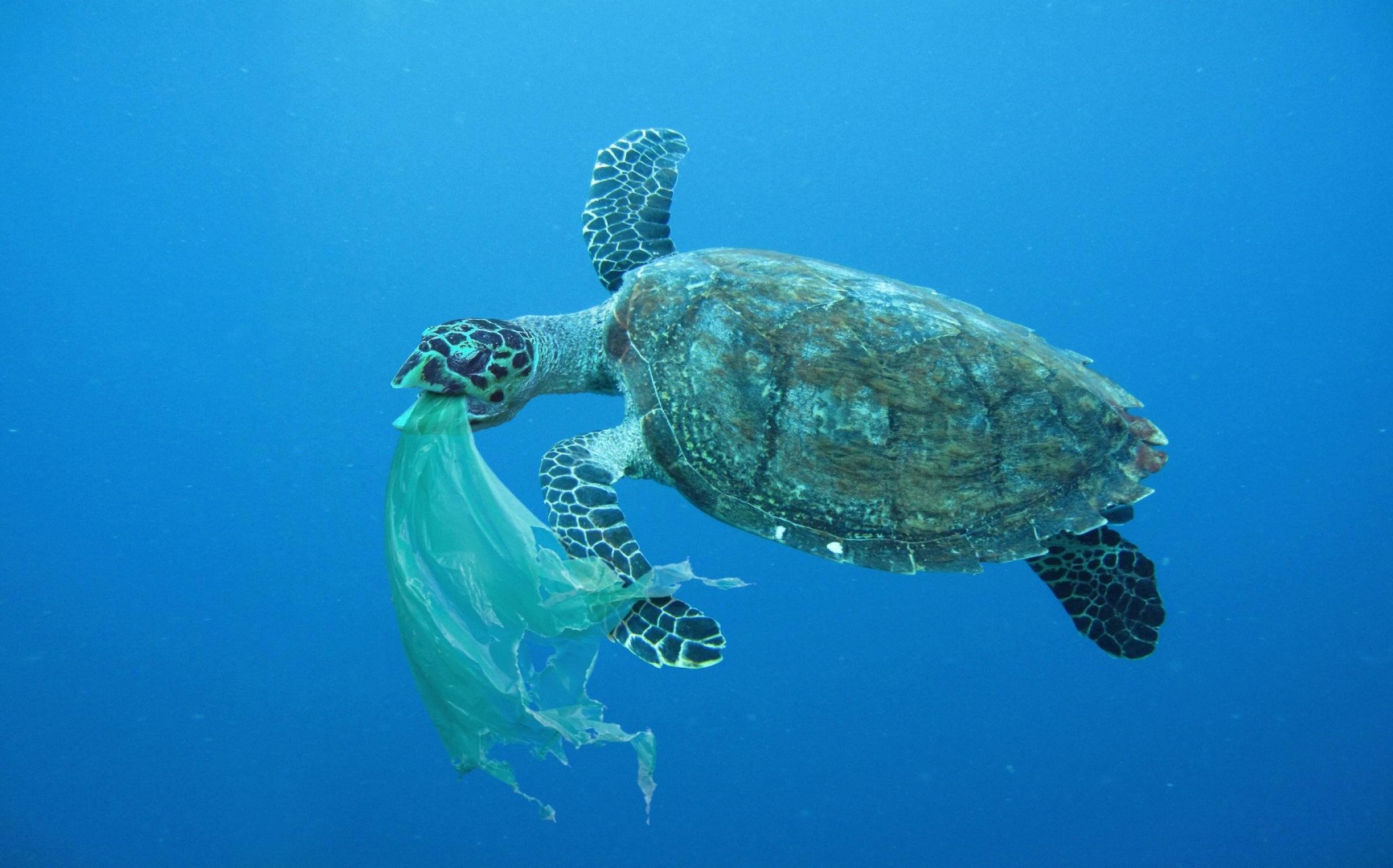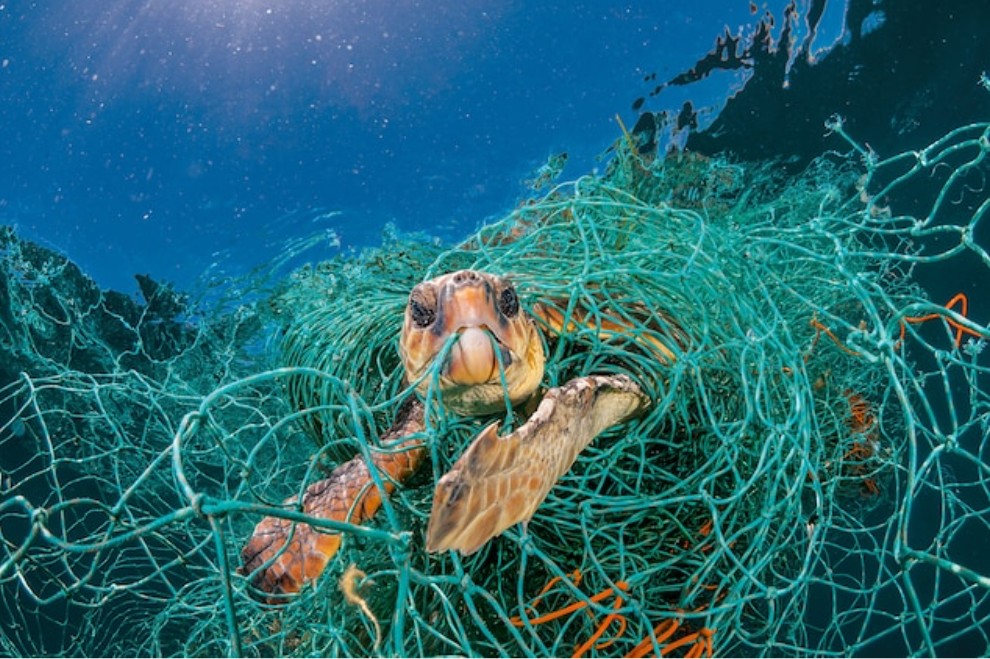Comments
- No comments found

Plastic pollution is one of the biggest environmental issues of our time.
It affects not only our land but also our oceans. The amount of plastic waste that enters our oceans every year is staggering, and it's having a devastating impact on marine ecosystems. In this article, we'll explore the impact of plastic waste on marine ecosystems and suggest practical ways to reduce it.

Plastic waste has a devastating effect on marine ecosystems. It's important to state that plastic waste is mistaken for food by marine animals such as turtles, dolphins, and whales. This can result in a variety of health problems, such as intestinal blockages and starvation. Plastic debris is threatening marine animals like seals and seabirds, causing them to suffocate or drown. Plastic waste accumulation in our oceans has a profound impact on the food chain because microplastics are consumed by small marine organisms and then ingested by larger ones, including fish that humans eat.
There are several ways we can reduce plastic waste in our oceans. First and foremost, we need to reduce our use of single-use plastics, such as straws, plastic bags, and water bottles. We can do this by using reusable alternatives, such as metal straws, reusable shopping bags, and refillable water bottles. We can also support policies that promote the reduction of single-use plastics, such as banning plastic bags or implementing a tax on plastic packaging.
Another way to reduce plastic waste in our oceans is to recycle properly. Recycling helps reduce the amount of plastic waste that ends up in landfills and, ultimately, our oceans. Additionally, we can participate in beach cleanups or other community events that help remove plastic waste from our shores and waterways.

There have been some successful initiatives to reduce plastic waste in our oceans. For example, the European Union recently implemented a ban on single-use plastics, such as cutlery, plates, and straws, and has set a target to recycle 55% of plastic packaging waste by 2030. Another example is the Ocean Cleanup Project, which aims to remove plastic waste from the Great Pacific Garbage Patch, a massive collection of plastic waste in the Pacific Ocean.
Plastic pollution in our oceans is a significant environmental issue that requires urgent action. We need to reduce our use of single-use plastics, recycle properly, and support policies that promote the reduction of plastic waste. By doing so, we can help protect marine ecosystems and ensure a healthier future for our planet.
The future of marine ecosystems in relation to plastic pollution appears grim. Without significant action to decrease plastic production and consumption, the amount of plastic in the ocean will continue to rise, adversely affecting marine life and human health and economies that rely on the ocean.
The impact of plastic pollution on marine life is already severe, as animals can become trapped in plastic or ingest it, causing injury, starvation, and even death. Additionally, plastic can release hazardous chemicals into the water, contaminating fish and other seafood and, when humans consume these contaminated animals, exposing them to the harmful chemicals.
Moreover, the economic consequences of plastic pollution are substantial. The tourism industry, for instance, depends on clean beaches and healthy marine ecosystems. Plastic pollution's damage to these environments would adversely affect tourism and the associated jobs.
In order to mitigate plastic pollution in marine ecosystems, several measures can be taken, such as reducing the use of single-use plastics like plastic bags, straws, and water bottles. Additionally, we can increase plastic recycling and support companies developing sustainable alternatives to plastic.
Finally, we can raise awareness of plastic pollution by speaking to family and friends and encouraging them to take action. We can also support organizations dedicated to reducing plastic pollution.
Leave your comments
Post comment as a guest